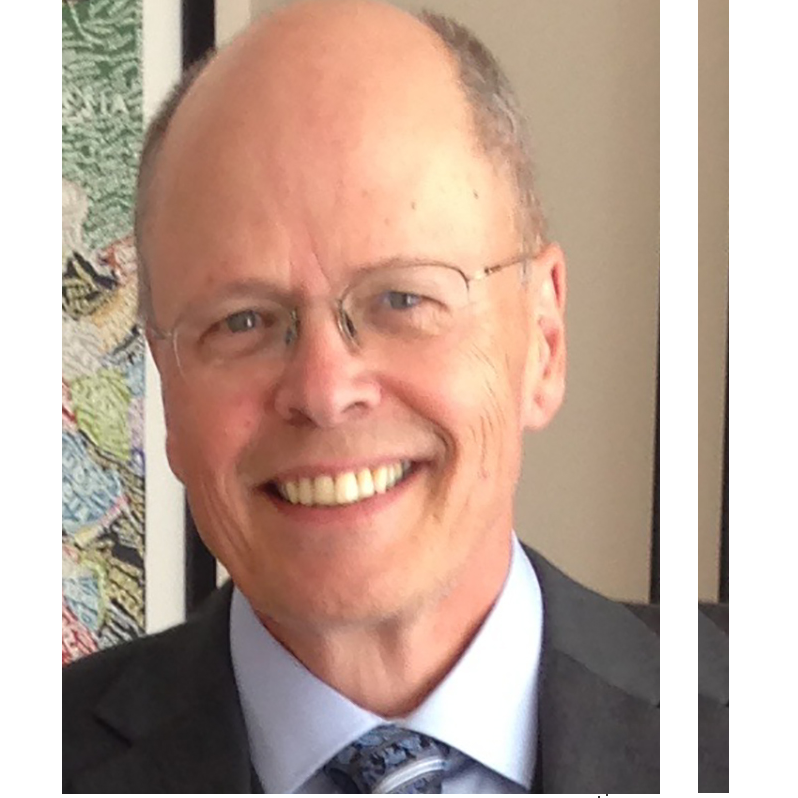Thermodynamics 2.0 | 2022 Program: Sessions and Abstracts
Mon - Wed, July 18 - July 20 , 2022 , Boone, North Carolina
Session T04: Unity of Nature
14:00-15:00. Monday July 18, 2022
Chair: Arkady Plotnitsky
Title: Understanding Quantum Theory as Engineering Thermodynamics
Presenter:
- Terry Bristol
(Portland State University, Institute for Science, Engineering and Public Policy)
Bio-sketch
Terry Bristol is a Philosopher of Science and Engineering who has held teaching positions at Linfield College, Portland State University, and Portland Community College. He has been President of the Institute for Science, Engineering and Public Policy, affiliated with Portland State University since 1987. https://www.isepp.org
Author(s):
- Terry Bristol
(Portland State University, Institute for Science, Engineering and Public Policy)
Abstract:T04.118
Abstract
Feynman insisted ‘no one understands quantum theory’. Yet, experimentalists tell us quantum theory is the most successful theory in history. Quantum theory cannot be understood as a classical mechanical theory since it arose through the ‘interpolation’ of two highly successful but complementary classical mechanics: Newtonian particle mechanics and Maxwellian wave mechanics. Just as particles and waves are complementary, these two mechanics are complementary. Consequently, as illustrated by the two-slit experiment, what is experienced depends on one’s choice of experimental setup.
My thesis is that quantum theory can only be properly understood within the more general framework of engineering thermodynamics.
In Part One I point to four essential characteristics of quantum theory that cannot possibly be understood in any classical framework defined by the presuppositions of symmetry and conservation. These four characteristics are: (1) the participatory (2) the complementary (3) the indeterminate (uncertainty) and (4) the new non-commutative mathematics (AB≠BA).
In Part Two, following Atkins, I note there are two histories and two current formulations of thermodynamics: the Carnots’ engineering thermodynamics and the ‘rational mechanical’ tradition of Clausius and Boltzmann. I will show that the four essential characteristics of quantum theory are natural characteristics of engineering thermodynamics.
Keywords: quantum theory, engineering thermodynamics, participatory, complementary, indeterminate, non-commutative, Leibniz, Statics to Dynamics, Lazare Carnot
